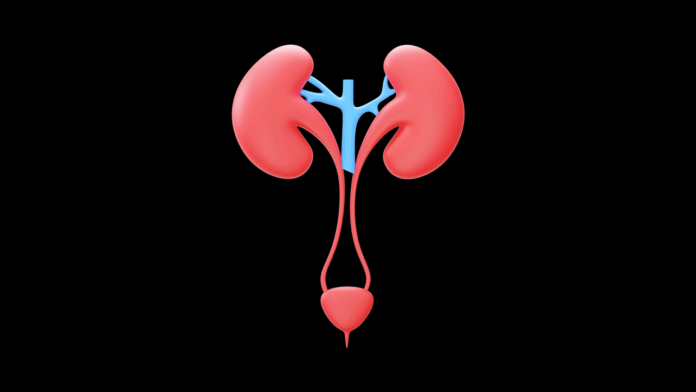Researchers at Mount Sinai in New York City have come up with a new way to treat invasive bladder cancer without having to take out the bladder surgically. Usually, when cancer reaches the bladder’s muscle layer, the standard treatment is to remove the bladder.
But in a unique phase 2 clinical trial, doctors discovered that certain patients could be treated using a mix of chemotherapy and immunotherapy, avoiding the need for bladder removal. While removing the bladder can cure muscle-invasive bladder cancer, it can also significantly affect a patient’s quality of life.
Matthew Galsky, MD, Co-Director of the Center of Excellence for Bladder Cancer at The Tisch Cancer Institute, a part of the Tisch Cancer Center at Mount Sinai, said, “Treatment for muscle-invasive bladder cancer needs major improvements from both a quality-of-life and an effectiveness standpoint. If additional research confirms our findings, this may lead to a new paradigm in the Treatment of muscle-invasive bladder cancer.”
In a clinical trial with 76 patients, about 43% had no detectable cancer when they received chemotherapy and immunotherapy. Those with no cancer left were given more immunotherapy instead of having their bladder removed. Out of those patients, around 70% didn’t have cancer come back for two years.
Patients in this trial received a treatment regimen consisting of Gemcitabine and Cisplatin in combination with Nivolumab. This treatment approach represents a departure from the conventional surgical removal of the bladder.
The trial observed that approximately 43 percent of the participating patients achieved a complete response to this treatment. A complete response indicates the absence of detectable cancer following therapy.
Among patients who chose to proceed without surgical bladder removal and received continued immunotherapy, around 70 percent remained free of recurrent cancer after a two-year follow-up period.
These promising results led to two more studies: one is already happening, and the other will start in the next six months.
This groundbreaking clinical trial offers hope to patients with advanced bladder cancer by presenting an alternative treatment strategy that could preserve their bladder function and improve their quality of life. The positive results and ongoing research efforts may lead to more effective treatments for this challenging condition in the future.
Journal Reference:
- Galsky, M.D., Daneshmand, S., Izadmehr, S. et al. Gemcitabine, cisplatin, and nivolumab as an organ-sparing treatment for muscle-invasive bladder cancer: a phase 2 trial. Nature Medicine. DOI: 10.1038/s41591-023-02568-1.
